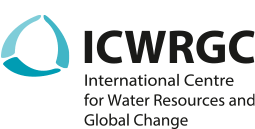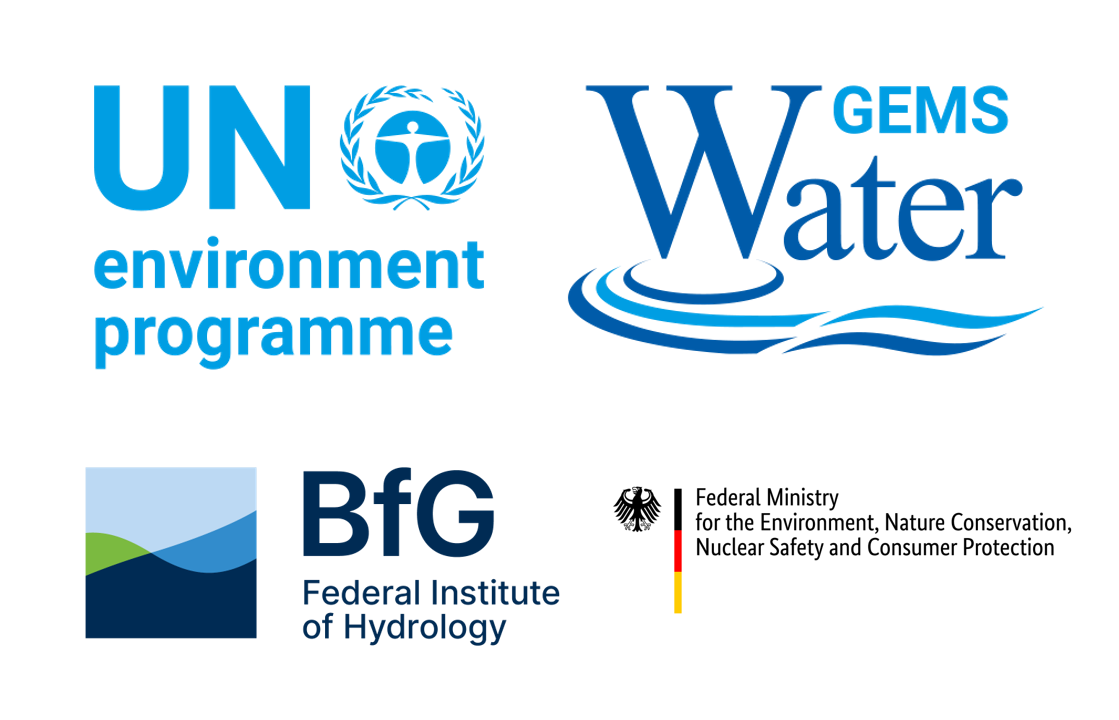Background on Sharing Data with GEMS/Water
Countries and organizations are invited to voluntarily provide water quality data from their own monitoring networks to the GEMS/Water Data Centre, at the International Centre for Water Resources and Global Change, as stated by the United Nations Environment Assembly in resolution 1/9 at its first session on 27 June 2014, where the mandate of GEMS/Water was reaffirmed.
There are plenty of benefits to be gained from sharing water quality data with the GEMS/Water Programme in the mid- to long-term. It is universally understood that water quality datasets require a substantial amount of time, work and funding to collect and archive. Hence, the hesitation in making these data publicly available at no cost is understandable. But once the data is collected and the assessments that they were intended for are done, data lies mostly dormant and is rather a liability than an asset.
What it takes is a small shift in perspective to see that putting these data to work can add additional value for the benefit of the whole country. Starting from more support by United Nations Programmes, over increased investments, to a kickback in scientific knowledge and solutions, which researchers from all over the world can produce based on your data. All these benefits help increase the living standards of the population and the adaptability of the whole country to new environmental trends: Trends, whose magnitude and scale, or even the sheer presence would not be known without your contribution.
Here are some examples of the benefits you can gain by sharing your data with GEMS/Water:
Data Submission Manual
Currently, the process of data submission to GEMStat is based on e-mail communication. While an option for automated uploads with member log-in will be provided in the mid-term, the workflow described below is the current method of reporting water quality data.
Data providers are requested to use the following Excel templates, where possible, to report stations, analysis methods and water quality values:
Data Policy
Water quality data from the GEMStat database, in accordance with the data policy, may be used for status evaluation, research purposes or within the scope of education and training initiatives.
The data policy of GEMStat strives to regard the individual restrictions of all data providers and allows them to choose from three data policy options to fit their specific guidelines on data sharing:
The data policy can be set by the data providers on a per-submission level for the whole batch of submitted data. In all cases, the data contained in the GEMStat database are the property of the respective data providers.


